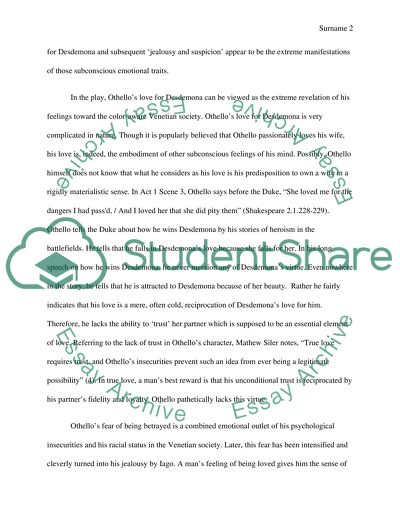Cite this document
(“Othello's Emotions Research Paper Example | Topics and Well Written Essays - 1250 words”, n.d.)
Othello's Emotions Research Paper Example | Topics and Well Written Essays - 1250 words. Retrieved from https://studentshare.org/literature/1639310-othellos-emotions
Othello's Emotions Research Paper Example | Topics and Well Written Essays - 1250 words. Retrieved from https://studentshare.org/literature/1639310-othellos-emotions
(Othello'S Emotions Research Paper Example | Topics and Well Written Essays - 1250 Words)
Othello'S Emotions Research Paper Example | Topics and Well Written Essays - 1250 Words. https://studentshare.org/literature/1639310-othellos-emotions.
Othello'S Emotions Research Paper Example | Topics and Well Written Essays - 1250 Words. https://studentshare.org/literature/1639310-othellos-emotions.
“Othello'S Emotions Research Paper Example | Topics and Well Written Essays - 1250 Words”, n.d. https://studentshare.org/literature/1639310-othellos-emotions.


